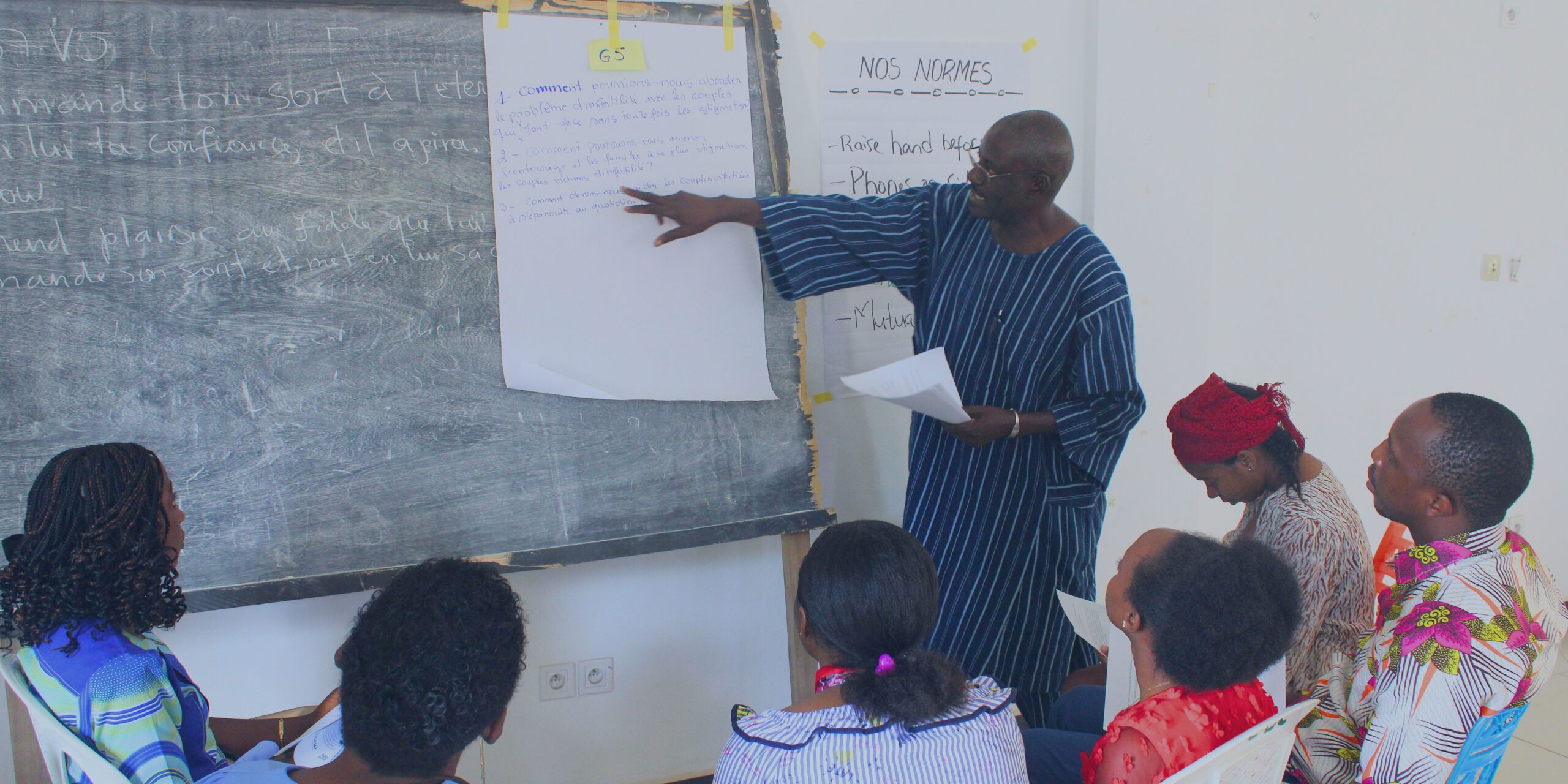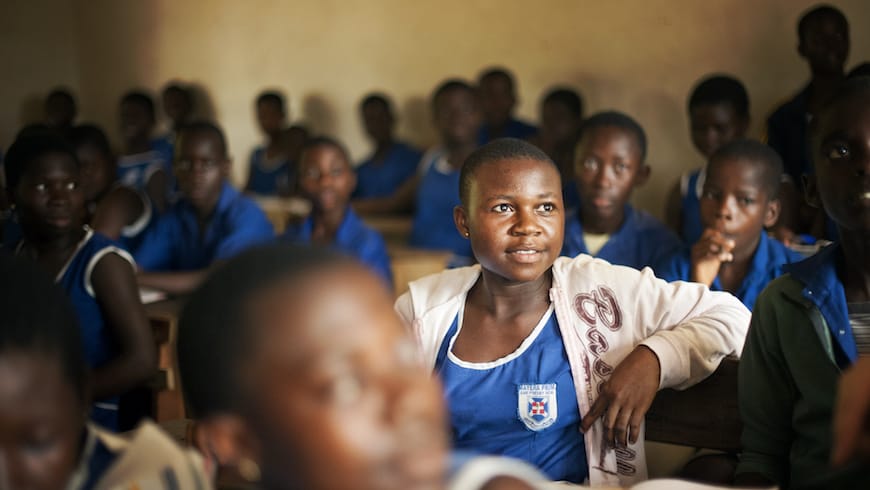Documenting program adaptations related to COVID-19 in Nigeria, (Kenya, Uganda, Zimbabwe and India)
Background
The COVID-19 portfolio was added just months after R4S project start-up, when the pandemic transformed public health challenges and realities around the world. During that first year, R4S redirected funding to design and implement multiple studies to capture the impact of the pandemic on FP service delivery and use, as well as to document the lessons learned from program adaptations. All these activities were completed by Year 3.
R4S shared results from these studies with the ICFP FP/COVID Task Team (WHO and Knowledge SUCCESS) to contribute to global reflections about emerging evidence and insights, the knowledge gaps that remain, and how family planning programs continue to adapt as we enter new phases of COVID-19, and any other public health crises in the future.
R4S also created a CoP with IBP to facilitate real-time knowledge exchange on how countries were adapting to COVID and creating a map/repository of those experiences.
Goal
Capture FP program adaptations and implementation experiences to inform future program adjustments and generate broader learnings that may be applicable to future pandemics.
1- Documenting 64 program adaptations
Approach
In 2020, the R4S project began systematically documenting adaptations across 8 FP programs in Nigeria, Kenya, Uganda, Zimbabwe and India using a qualitative approach. An excel documentation tool was used to record adaptations over a 6-month period.
Findings
R4S systematically documented 64 program adaptations implemented across 8 projects in 5 countries and across 3 HIPs (social behavior change, service delivery, and enabling environment). Project teams also conducted secondary data analyses of routine FP process and outcome indicators and documented COVID-19 policy changes at the country level. The 8 projects were:
| India | · Social Enterprise (Population Services International) |
| Kenya | · Afya Uzazi (FHI 360) · Strengthening Access to Contraception among Adolescents during the COVID-19 Pandemic (Save the Children) · Delivering Equitable and Sustainable Increases in Family Planning (Population Services International) |
| Nigeria | · Adolescents 360 (Population Services International) |
| Uganda | · Social Enterprise (Population Services International) · Delivering Innovations in Self-Care (Population Services International) |
| Zimbabwe | · Mhuri/Imuli (FHI 360) |
Related Items
- Interactive website of the 64 adaptations
- Knowledge SUCCESS “Must-have FP Resources for this Holiday Season.”
- Briefs of all 8 projects
- Interactive Map of more adaptations in collaboration with the IBP Network.
- Manuscript titled “Adapting High Impact Practices in Family Planning during the COVID-19 Pandemic: Experiences from Kenya, Nigeria, and Zimbabwe” published in Global Health Science and Practice. In August 2022
- Blog 2020: An Adaptation Crash Course
- Blog Maintaining High Impact Practices During a Pandemic: Fast-Tracking the Adoption of Digital Tools in Family Planning
- ebinar on COVID-19 and Digital Health: How a Difference Kind of Virus has Accelerated the Uptake of Digital Platforms in FP/RH (IBP Task Team, February 2021),
- Webinar on Implementing and Adapting the High Impact Practices In Family Planning During the COVID-19 Pandemic (GHTechx, April 2021)
2. In-depth study of COVID activities embedded within humanitarian projects
Approach
Two additional programs in Nigeria supporting FP/RH services for women in humanitarian settings: the Integrated Humanitarian Assistance to Northeast Nigeria (IHANN II) in Borno State and the United Nations High Commissioner for Refugees South-South Health and Nutrition Intervention (UNHCR-SS-HNIR) for Cameroon Refugees and vulnerable populations in Cross River State. R4S conducted a mixed methods study to 1) quantitatively describe the extent to which FP and RH service delivery changed during the pandemic and 2) qualitatively document programmatic adaptations to FP/RH services in response to COVID-19 and identify successes and challenges of those adaptations.
Findings
Monitoring data showed notable declines in service utilization after lockdowns in antenatal care, postnatal care, and outreach campaigns, followed by a return to pre-lockdown levels by July 2020. Results showed that projects introduced numerous COVID-19 precaution strategies including: community sensitization; triage stations and modification of service flow in facilities; and appointment scheduling for essential services. Findings from IDIs indicated a well-coordinated and implemented COVID-19 response with project staff noting improvements in their time management and interpersonal communication skills. Lessons learned included the need to better sensitize and educate communities, maintain FP commodities and increase support provided to health workers. Deliberate adaptations in IHANN II and UNHCR-SS-HNIR projects turned challenges to opportunities, ensuring continuity of services to the most vulnerable populations.
Related Items
- Poster titled “’Africans we know how to adapt indeed’: Adaptations to the delivery of family planning and reproductive health services in two Nigerian humanitarian settings during the COVID 19 pandemic” presented at ICFP in November 2022.
- Manuscript published in PLOS One Global Health in July 2023.
Others Ongoing Projects

Social Behaviour Change Workshop on infertility
Social Behaviour Change Workshop on infertility

